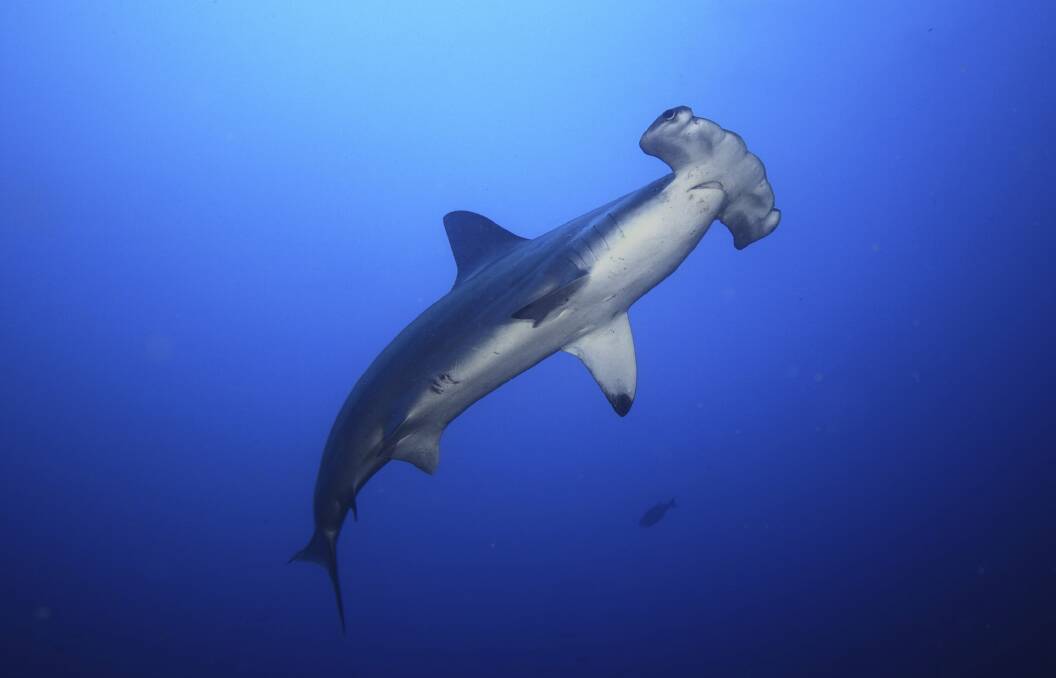A staple of Aussie summer cuisine may not be what you think it is.
Subscribe now for unlimited access.
$0/
(min cost $0)
or signup to continue reading
Research from the University of Adelaide has revealed that threatened species of shark are being sold as flake at some outlets across South Australia.
The team of researchers analysed the DNA of fillets from more than 100 retailers across Adelaide and regional areas of South Australia to determine what type of fish was being sold as 'flake', an umbrella term used to describe several species of shark meat fillets.
The study found four threatened species, such as the short-fin mako shark and smooth hammerhead shark, were also being sold as flake at some takeaway outlets.
University of Adelaide marine science researcher Professor Bronwyn Gillanders told ACM her team was completely surprised to find a quarter of the flake samples were endangered species .
"We were largely thinking it would be school shark and gummy shark," she said.
"There were at least three species that don't occur around Australian waters, so that suggests they were imported product into Australia, and so when I go and buy my fish and chips I'm thinking it's locally caught, and in some cases it's advertised as locally caught, but there's evidence that could be imported product."

Overall, fish products are the second food category most at risk of fraud, after fats and oils. This is because many seafood products have similar tastes and textures and lack discernible characteristics once processed, making it difficult to accurately identify whole organisms.
The Australian Fish Names Standard recommends the term flake only be used to describe gummy shark and New Zealand rig, but this guideline is not mandatory.
Food fraud is a significant issue in the Australian food industry.
A 2018 report into the authenticity of seafood estimated that fraud, which involves the substitution of premium produce with a lower-quality or cheaper product, costs Australian exporters $189 million annually.
IN OTHER NEWS:

Professor Gillanders said ingesting shark meat that is not gummy shark could have adverse health impacts.
"It could really impact human health, because if we're selling something that's very long lived, that's accumulated lots of heavy metals, that could potentially have human health impacts," she said.
"There's also issues around sustainability of species, because if we think we're fishing a sustainable species and we're taking something that's endangered, we're further impacting that species."
The number of shark and ray species classified as endangered or critically endangered tripling since 2014.


